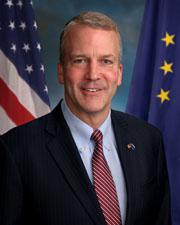0
SAFER Act of 2023
12/15/2023, 4:05 PM
Summary of Bill S 11
Specifically, the SAFER Act of 2023 aims to allocate resources towards improving training for law enforcement officers, enhancing communication and coordination between different agencies, and increasing access to critical equipment and technology. Additionally, the bill includes provisions for mental health support for first responders and measures to address the opioid crisis.
Overall, the SAFER Act of 2023 seeks to strengthen the capabilities of law enforcement and first responders in order to better protect and serve the public. It is currently being debated in Congress, with supporters arguing that it is necessary to address the evolving challenges facing law enforcement and first responders, while opponents raise concerns about the cost and potential impact on civil liberties.
Congressional Summary of S 11
Secure Auction For Energy Reserves Act of 2023 or the SAFER Act of 2023
This bill limits the sale and exportation of petroleum products (e.g., crude oil) from the Strategic Petroleum Reserve (SPR). Specifically, the bill directs the Department of Energy (DOE) to require, as a condition of auction sales, that the petroleum products not be exported to countries that are designated as countries of particular concern for religious freedom under the International Religious Freedom Act of 1998.
In addition, the bill establishes limits on auction sales of petroleum products from the SPR to state-owned entities if DOE determines that, as of the dates of the auctions, there are bans on, or the imposition of sanctions by the United States with respect to, the purchase of crude oil from countries. Under such circumstances, state-owned entities must certify that they have not purchased petroleum products from countries subject to such bans or sanctions later than 15 days after the date on which the ban or sanctions went into effect in order to be able to bid in auctions. If DOE determines state-owned entities participating in the auctions have purchased crude oil from such countries after that time period, then DOE may not sell petroleum products from the SPR to such entities.


